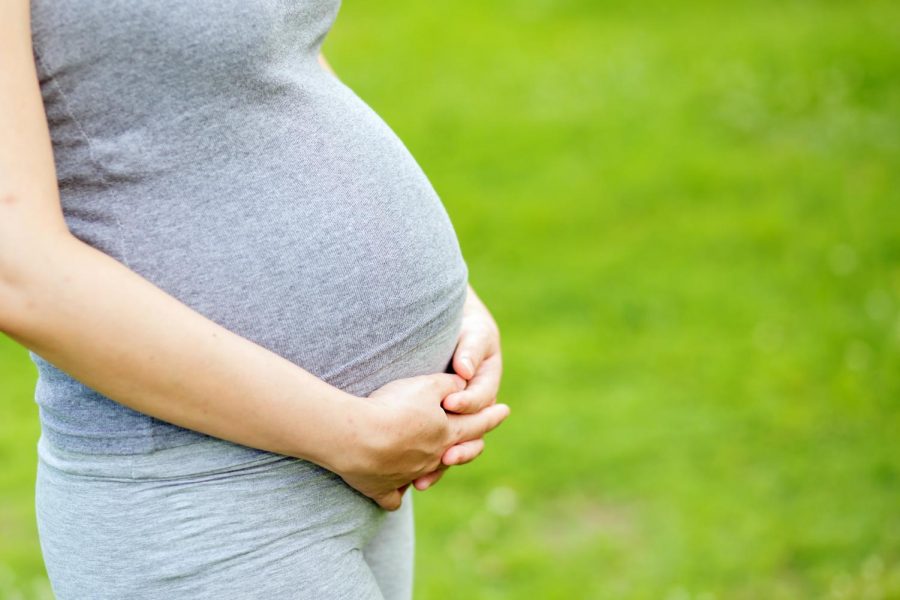Cannabis during pregnancy doesn’t affect cognitive development, say university researchers
The topic of using cannabis during pregnancy, as well as the potential effects of prenatal cannabis exposure, has been a heated one. Self-confessed mothers have outspokenly declared their consumption habits in the past, only to be met with backlash from the medical and parenting communities.
However, new research from a group of researchers at Columbia University, the New York State Psychiatric Institute, and Swinburne University suggests that cannabis use during pregnancy does not contribute to cognitive impairment in children.
The researchers came to their conclusion after analyzing numerous previously-conducted studies and the data contained within them. Their findings were compiled in a systematic review, which was published in the journal Frontiers in Psychology in May.
Cannabis during pregnancy: No statistical differences were discovered
A group of University researchers – namely Dr. Carl L. Hart, Dr. Ciara A. Torres, Christopher Medina-Kirchner and Kate Y. O’Malley – scrutinized data from hundreds of studies into cannabis exposure and its implications on child cognition. Although some people would beg to differ, this systematic review confirmed that there were no statistical differences between children whose mothers had used cannabis during pregnancy and those who were not exposed to the plant’s active chemicals.
Based on their insights, fewer than five percent of similar studies into cannabis during pregnancy demonstrated statistical cognitive scoring differences. It should be noted that the five percent was a mixed bag of score reductions and improvements. What’s more, just 0.3 percent of the study results were considered to be outside of the “normal” range.
“Overall, we found a total of 1,001 statistical comparisons between groups of participants that were exposed to cannabis prenatally and non-exposed controls. Despite analyzing studies spanning approximately three decades, we conclude the evidence does not support an association between prenatal cannabis exposure and clinically relevant cognitive deficits,” wrote the researchers, adding that their findings highlighted, “subtle differences in the cognitive performance between children who had been exposed to the drug prenatally.”
In conclusion, the researchers who explored hundreds of studies on cannabis during pregnancy said that, “controls do exist, but the conclusions drawn sometimes extend too far beyond the actual data.”
Cannabis during pregnancy: Separate study revealed different insights
On June 15, a new study was published in the Medical Journal of Australia. The study involved 5,610 women who were carrying a child for the first time. All of the soon-to-be mothers who participated in the Australian study were deemed to be in the “low-risk” category for pregnancy complications.
The researchers assembled women into groups based on their level of self-reported cannabis consumption at the 14-16 week state of pregnancy. Of the thousands of women who participated, 314 (5.6 percent) claimed to use cannabis either during their pregnancy or in the three months leading up to gestation; 97 of these pregnant women (31 percent of the self-reported cannabis consumers) said that they stopped using the plant before pregnancy; 157 (50 percent) gave up their habit within the initial 15 weeks of gestation; 60 pregnant females (19 percent) self-reportedly used cannabis in the second trimester.
According to the results of this study on cannabis during pregnancy, babies were born with a noticeably smaller length, head circumference and birth weight when the mother continued to use cannabis at 15 weeks pregnant; as opposed to mothers who stopped using the plant. The Australian researchers also noted how babies born at an earlier gestational age were generally mothered by women who use cannabis during pregnancy.








